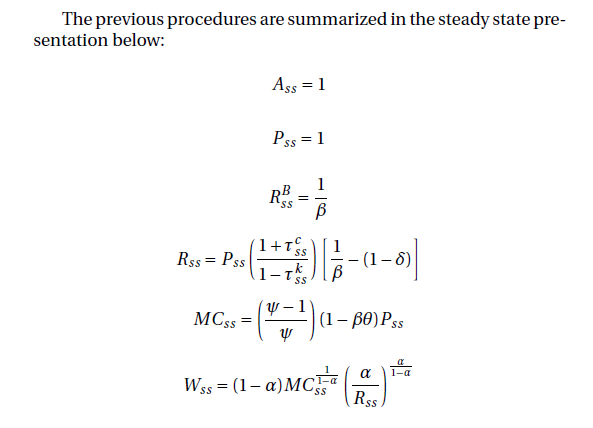### Understanding Cosigner for Student Loans Requirements: Essential Guidelines for Borrowers
When it comes to securing student loans, many borrowers face challenges due to their credit history or income level. This is where a cosigner can play a cru……
When it comes to securing student loans, many borrowers face challenges due to their credit history or income level. This is where a cosigner can play a crucial role. A cosigner is someone who agrees to take responsibility for the loan if the primary borrower fails to make payments. However, there are specific **cosigner for student loans requirements** that both the borrower and cosigner need to understand.
#### What is a Cosigner?
A cosigner is typically a parent, guardian, or another individual with a strong credit history who agrees to back the loan. This can significantly improve the chances of loan approval and may also result in lower interest rates.
#### Cosigner for Student Loans Requirements
1. **Credit Score**: One of the primary **cosigner for student loans requirements** is having a good credit score. Lenders often look for a cosigner with a credit score of at least 650, though some may require a score of 700 or higher. A higher credit score indicates a reliable history of repaying debts, which reassures lenders.
2. **Income Verification**: Lenders will also require proof of income from the cosigner. This could include pay stubs, tax returns, or bank statements. The cosigner should have a stable income that demonstrates their ability to take on additional debt if necessary.

3. **Debt-to-Income Ratio**: Lenders assess the cosigner’s debt-to-income (DTI) ratio to ensure they can manage the additional burden of the student loan. A lower DTI ratio is preferable, typically below 40%. This ratio is calculated by dividing total monthly debt payments by gross monthly income.
4. **Residency Status**: Some lenders may require that the cosigner be a U.S. citizen or a permanent resident. This requirement ensures that the cosigner has a stable legal status, which is important for loan agreements.
5. **Age Requirement**: Generally, cosigners must be at least 18 years old, as this is the legal age for entering into contracts in most states.
6. **Relationship to the Borrower**: While not always a strict requirement, lenders may prefer that the cosigner has a personal relationship with the borrower, such as a parent, relative, or close family friend. This can help establish trust between the parties involved.

#### Benefits of Having a Cosigner
Having a cosigner can significantly benefit the borrower. It can lead to lower interest rates, higher loan amounts, and increased chances of approval. For many students, this support is crucial in achieving their educational goals without the burden of high-interest debt.
#### Risks for the Cosigner
While being a cosigner can help a borrower, it also comes with risks. If the borrower defaults on the loan, the cosigner is responsible for making the payments. This can impact their credit score and financial stability. Cosigners should carefully consider these risks before agreeing to take on this responsibility.

#### Conclusion
Understanding the **cosigner for student loans requirements** is essential for both borrowers and potential cosigners. By meeting these criteria, borrowers can secure the financial support they need for their education while enabling cosigners to make informed decisions about their involvement. It’s important for both parties to communicate openly about expectations and responsibilities to ensure a smooth loan process.
In summary, having a cosigner can be a valuable asset in navigating the complexities of student loans, making education more accessible for many students.